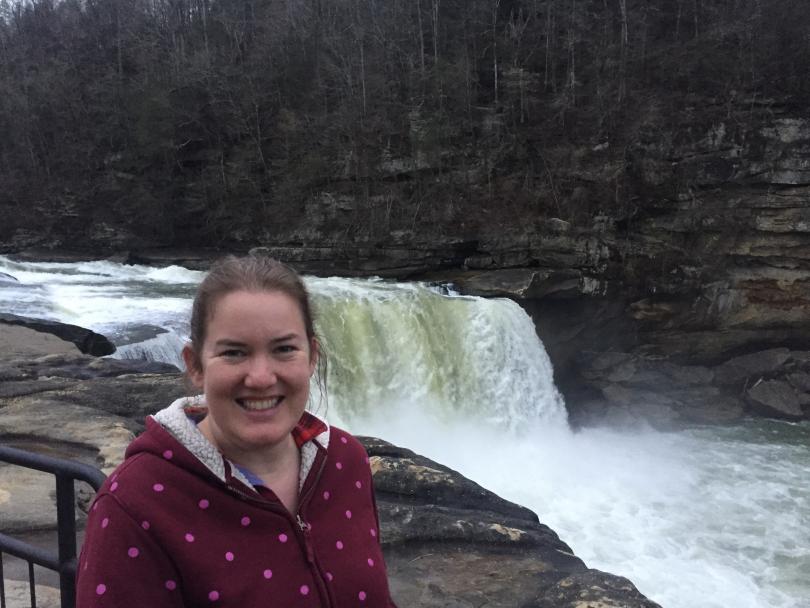By Richard LeComte

LEXINGTON, Ky. -- Kate Ponto, professor of mathematics in the University of Kentucky College of Arts and Sciences, has received a three-year, $313,000 grant from the U.S. National Science Foundation to explore questions involving topology in a project titled “Parameterized, Algebraic and Chromatic Traces.”
The grant will fund Ponto’s continued research into algebraic ways of solving questions in topology.
“I am an algebraic topologist, which means I like to turn my topology into algebra,” Ponto said. “When I’m trying to solve topological questions. I say, ‘Well, you know, algebra can make these things easier.’ I take the topology problem, and I turn it into an algebra question.”
A key term in Ponto’s research is “invariance,” which boils down a shape to one solid number that doesn’t change as the shape is manipulated.
“One of the things I’m really interested in doing is defining invariants[PK1] of topological spaces,” she said. “Can I associate a number to a topological space or to a continuous function between topological spaces? H[PK2] ow do I take this complicated situation of whatever I want to measure about it and make it more approachable, make [PK3] it easier to understand.[PK4] ”
One aspect of Ponto’s work involves the Euler characteristic, which is a number that describes a topological space’s shape no matter how it’s bent or twisted.
“This project uses symmetry in an essential way to understand topological spaces and their invariants,” she said. “The Euler characteristic is a very illuminating, fundamental and accessible first example of such an invariant. This project will develop similar rich generalizations of topological invariants where symmetry plays an essential role.”
In addition to her research, the grant will contribute to her work with the Department of Mathematics’ math lab[PK5] , where she and her students work to create visual representations of topological concepts. Among the projects is the mathematical design and stitching of patterned quilts, which has won Ponto and her students prizes in math competitions.
Ponto said she enjoys taking complex problems in topology, breaking them down to simple pieces, and then putting them back together using such tools as linear algebra. She compared her work to a mall map, where amid the stores and levels a “you are here” star marks the shopper’s position. She’s searching for “you are here” invariant numbers.
“The discrepancy between the topological and algebraic examples provides an opportunity to reconcile different perspectives,” she said. “A major goal of this project is to use this compatibility to prove topological generalizations of algebraic results.”
Research reported in this publication was supported by the U.S. National Science Foundation under Award No. 2404503. The opinions, findings, and conclusions or recommendations expressed are those of the author(s) and do not necessarily reflect the views of the U.S. National Science Foundation.
